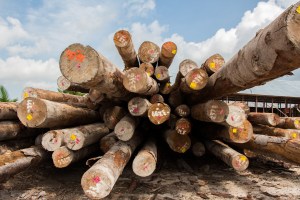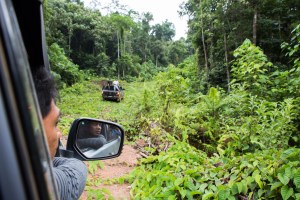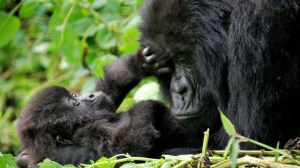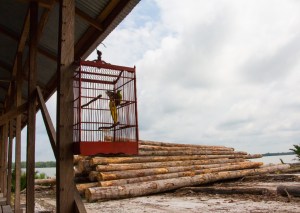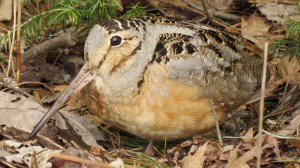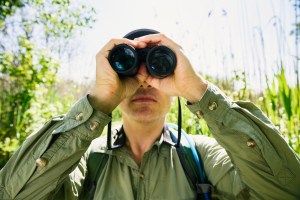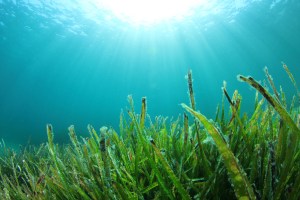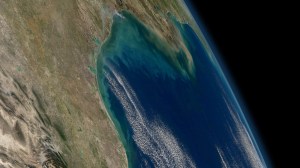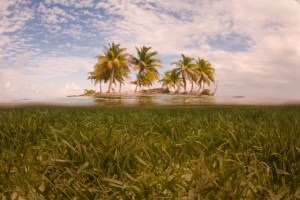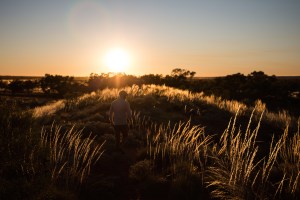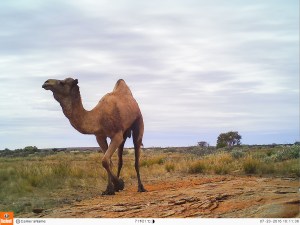Discover stories in Environments
Where Logging Reigns, Going Beyond Sharing vs Sparing
Conservancy scientists and their partners are teasing apart the complexities of the land sharing or sparing question in Berau, Indonesia.
A Day in the Life of a Field Scientist: Indonesian Borneo Edition
Follow Conservancy scientists along for a day of acoustic fieldwork in the wilds of Indonesian Borneo… filled with rugged roads, run-ins with wildlife, and the dreaded durian fruit.
Rwanda Looks to National Parks as Part of a Peaceful, Hopeful Future
On the Rwandan Genocide Memorial Day, a look at how national parks could be a part of the country’s vision for a peaceful, prosperous future.
Modeling Logging’s Impacts on Biodiversity & Carbon in a Hypothetical Forest
New research from Nature Conservancy scientists indicates that low-intensity selective logging offers both the best and worst conservation outcomes while maintaining wood production, depending on both land tenure security and the use of certified reduced-impact logging methods.
The American Woodcock, And Why We Should Be Cutting More Trees
We all love old growth forests. But American woodcock need young forests. And they’re tough to find in the Northeast U.S.
A Birder’s Bookshelf: Essentials for the Well-read Avian Enthusiast
There should be more to your birding library than just field guides ... read on for our list of essential reading for the bird-brained bibliophile.
New Science Shows Seagrass Meadows Suppress Pathogens
After a bout of illness in Indonesia, scientists discover that seagrass meadows have bacteria-fighting superpowers that benefit people, fish and invertebrates.
Dead Zone Redemption
The Nature Conservancy is working with partners to reduce the amount of nutrients entering the Mississippi River Basin by 20 percent by 2025.
Which Sources of Blue Carbon Measure Up to the Mitigation Challenge?
New research shows that coastal habitats — mangrove forests, tidal marshes, and seagrass meadows — have the most potential amongst marine systems to act as long-term carbon sequestration solutions.
Bison, Pioneers of the Prairie, Return to Kankakee Sands
In October of 2016, 23 bison from South Dakota were released on the prairie in Kankakee Sands.
Wide Horizons: A Journey Across Martu Country
Follow Conservancy scientists on a journey across more than 350 kilometers of incredible Australian desert as they travel to Parnngurr Community.
Camera Trapping in the Australian Desert
Watch the best photos and video data from camera traps deep in the Australian desert.
